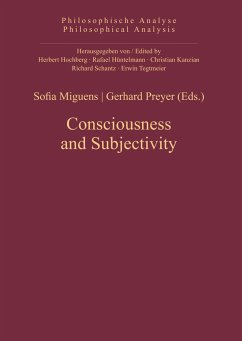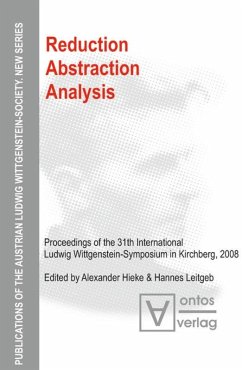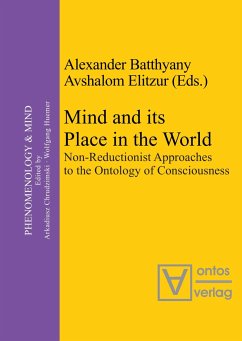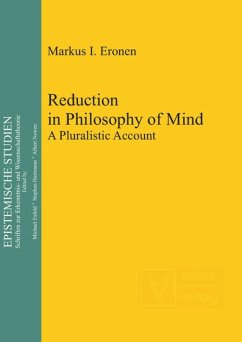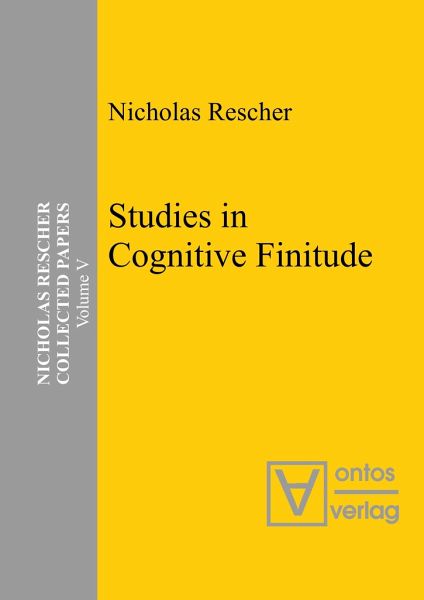
Studies in Cognitive Finitude

PAYBACK Punkte
39 °P sammeln!
For over thirty years Professor Rescher has been preoccupied with exploring the scope and limits of human knowledge from an array of different points of view. This book collects together these various threads into a unified treatment of this overall terrain. It argues in detail that while scepticism is about the prospect of factual knowledge about the world is emphatically unwarranted, nevertheless the project of amplifying this knowledge does encounter some specifiable and insuperable limits.







